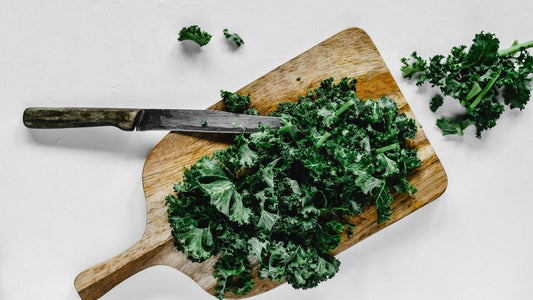
Calorie counting sounds simple, right? While calculating how many calories are in the food and drinks you consume isn’t that complicated in theory, factors such body fat percentage, health, weight, age and goals make it a much more involved process than you may be aware. Your caloric energy requirements must take into consideration all of these factors to provide the sustenance your body requires around the clock.
What does BMR mean for calorie counting?
When trying to determine how many calories your need to consume in a day for your energy requirements, you need to firstly assess your basal metabolic rate (BMR). Your BMR is defined as how many calories your body burns when at rest. Why your BMR is important is you use 60 per cent of your calories while resting. The other 30 per cent of energy or calories are used for physical activity, while only 10 per cent is used for digestion. If you have more lean muscle mass your BMR will also be higher, which is why increasing muscle means your body will be able to burn calories even when you’re sleeping.
How do you work out your BMR?
To find out your BMR follow the formula below:
Weight = weight in kilograms
Height = height in centimeters
Age = age in years
Women: BMR equals 655.1 + (9.56 x W) + (1.84 x H) – (4.67 x A)
Men: BMR equals 66.47 + (13.75 x W) + (5.0 x H) – (6.75 x A)
Why is lean muscle mass important to BMR?
If you have more lean muscle mass your BMR will also be higher, which is why increasing muscle means your body will be able to burn calories even when you’re sleeping.
Once you’ve worked out your BMR, you can correlate this to how many calories your need to either lose or gain weight, as it represents what your minimum calorie intake.
How do you lose weight by calorie counting?
By cutting back your total caloric intake by 500 calories a day you can lose weight or alternatively make up this additional deficit with exercise for the same results.
Why calorie counting can result in poor health
While calorie counting can have great results when it comes to weight loss, the detriment is that nutrition can be affected during this process. If only calories are taken into account, instead of the nutritional quality of different types of food, this can lead to poor health.
Calorie counting can have many benefits, as it gives you a better understanding of the calories in the food you eat. But it’s crucial that you opt for food choices with nutritional value if you decide to count calories.

Sign up to the Lifestyle
Your motivation and wellness fix, straight to your inbox







